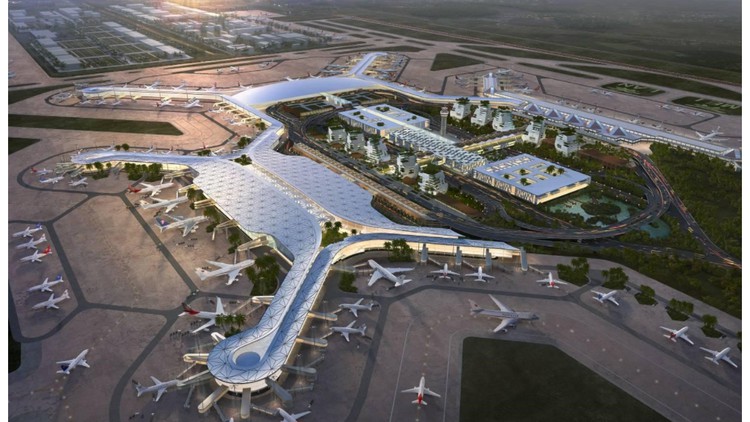Airport Engineering & Its importance in Civil Engineering – Free Udemy Courses
A Course on Airport Engineering to gain Basic knowledge & its importance in the civil & construction industry & Engineering
What you’ll learn
Airport Engineering & Its importance in Civil Engineering – Free Udemy Courses
- Advantages & Dis Advantages of Airport
- Classification of Airport
- Apron, Control tower, Hangars, Terminal Buildings
- System of Aircraft
Requirements
-
Nil
Description
Wright brothers invented the first successful airplane in 1903 but it took 25 years to build the world’s first airport in 1928 at croydon near London, England. By size, Daxing International Airport, Beijing, China is the largest airport in the world, and Saba Airport, the Caribbean is the smallest airport.
The International Civil Aviation Organization (ICAO) was formed on 4th April 1947, an agency of the United Nations (UN) has a set of guidelines that have to be followed for the planning and development of an international airport.
Types of airports: International airports, domestic airports, and regional airports.
International Airport
It has a connection with many other airports around the world and is furnished with facilities like customs and immigration. These airports are usually massive with longer runways and larger aircraft.
Domestic Airport
It is an airport that connects flights within the country, these airports have shorter runways when compared with international airports with no facilities like customs and immigration.
Regional Airport
It is an airport located in a particular geographical area, it is majorly used by private and small business jets.
Important Components of airports
Runways
The runway is the most important component one could think of when asked about an airport, it is the area where an aircraft lands and takes off is called a runway, it could be grass or a hard surface such as asphalt or concrete.
Terminal building
Facilities such as cafes, lounges, and bars are provided in terminal buildings for passengers and ticket counters, luggage check-in or transfer, security checks, and customs are regarded as the basics of any terminal building.
Aprons
The place where aircraft are parked is called an apron.
Taxiway
A path that connects the runway with facilities like aprons, hangars, terminals, and others.
Control tower
A tower through which air traffic can be monitored and controlled.
Aircraft characteristics are the factors that are taken into account while designing the airport. Characteristics such as Span of wings, height, wheelbase, tail width, minimum turning radius, take-off and landing distances, range and tire pressure, and contact area are considered.
Airport Engineering deals with planning, design, construction, and runways and provides safety for passengers and freight. An Airport Engineer should be technically sound enough to perform all the tasks coherently.
Who this course is for:
- Civil Engineers, Structural Engineers, Final year Civil Engineering Students










